Devereaux Advanced Behavioral Health

Overview
Devereaux Advanced Behavioral Health is a substance abuse treatment center for people seeking treatment near Allegheny County. As part of their treatment modalities for recovery, Devereaux Advanced Behavioral Health provides cognitive behavioral therapy, telemedicine/telehealth therapy, and substance use disorder counseling during treatment. Devereaux Advanced Behavioral Health is located in Pittsburgh, Pennsylvania, accepting cash or self-payment for treatment.
Devereaux Advanced Behavioral Health at a Glance
Payment Options
- Cash or self-payment
- Medicaid
- State-financed health insurance plan other than Medicaid
- Private health insurance
- Federal, or any government funding for substance use treatment programs
Assessments
- Screening for tobacco use
- Comprehensive mental health assessment
- Comprehensive substance use assessment
- Outreach to persons in the community
- Screening for mental disorders
Age Groups
- Young adults
- Adults
Ancillary Services
- Case management service
- Specially designed program for DUI/DWI clients
- Mental health services
- Transportation assistance
Highlights About Devereaux Advanced Behavioral Health
6.92/10
With an overall rating of 6.92/10, this facility has following balanced range of services. Alcohol Rehabilitation: 8.00/10, Drug Rehab and Detox: 6.00/10, Insurance and Payments: 6.00/10, Treatment Options: 7.70/10.-
Alcohol Rehabilitation 8.00
-
Treatment Options 7.70
-
Drug Rehab and Detox 6.00
-
Insurance and Payments 6.00
Accreditations
State department of health:

Government agencies issue State Licenses, which grant rehabilitation organizations permission to conduct their operations lawfully within specific geographic regions. Licenses needed to operate are typically determined by the type of rehabilitation program offered by the facility and its physical location.
Treatment At Devereaux Advanced Behavioral Health
Treatment Conditions
- Alcoholism
- Mental health treatment
- Substance use treatment
- Co-occurring Disorders
Care Levels
- Outpatient
- Intensive outpatient treatment
- Regular outpatient treatment
- Aftercare
Treatment Modalities
- Cognitive behavioral therapy
- Telemedicine/telehealth therapy
- Substance use disorder counseling
- Trauma-related counseling
- Smoking/vaping/tobacco cessation counseling
Ancillary Services
Languages
- Sign language services for the deaf and hard of hearing
Special Programs
- Clients who have experienced trauma
Get Help Now
Common Questions About Devereaux Advanced Behavioral Health
Contact Information
Other Facilities in Pittsburgh
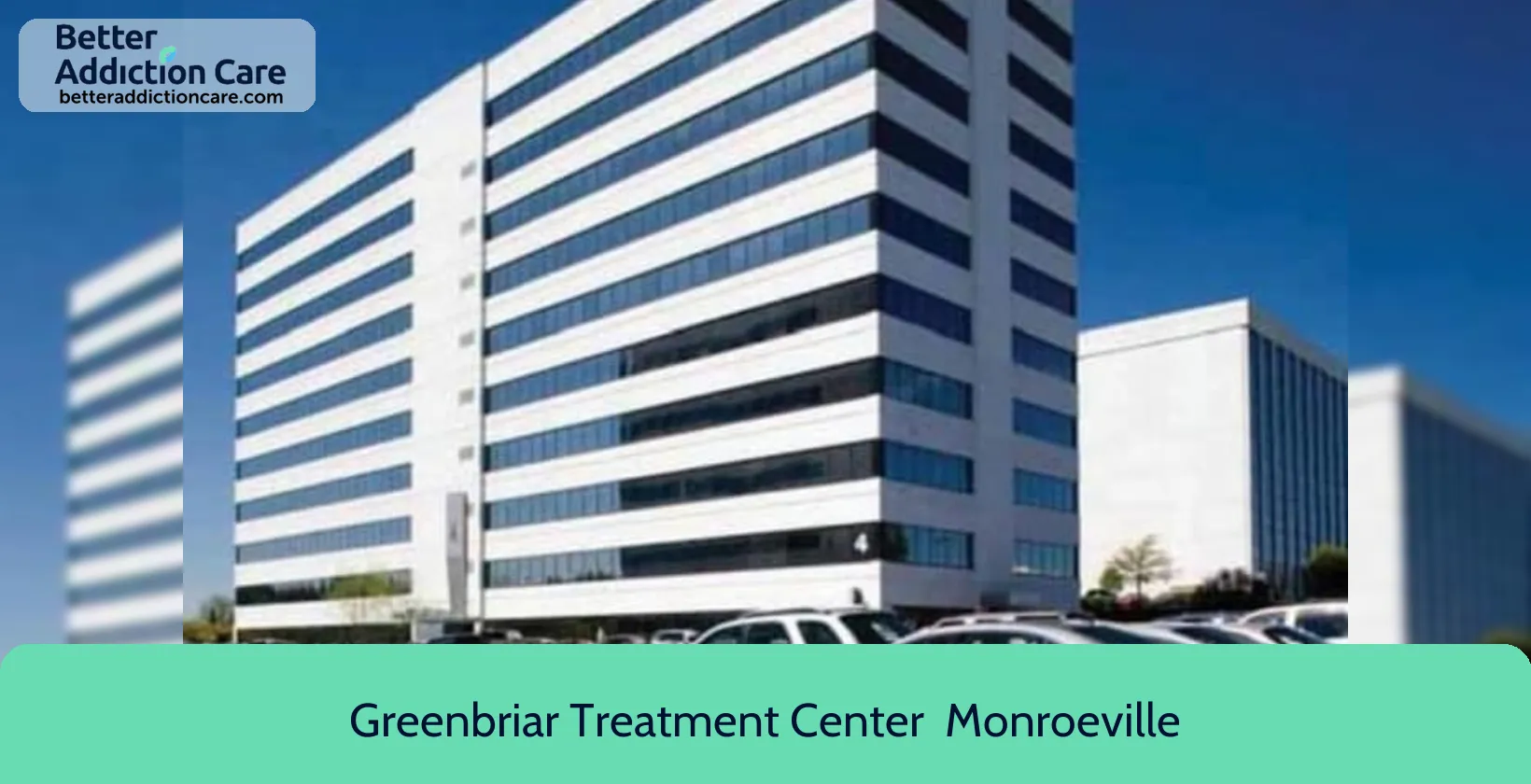
6.93
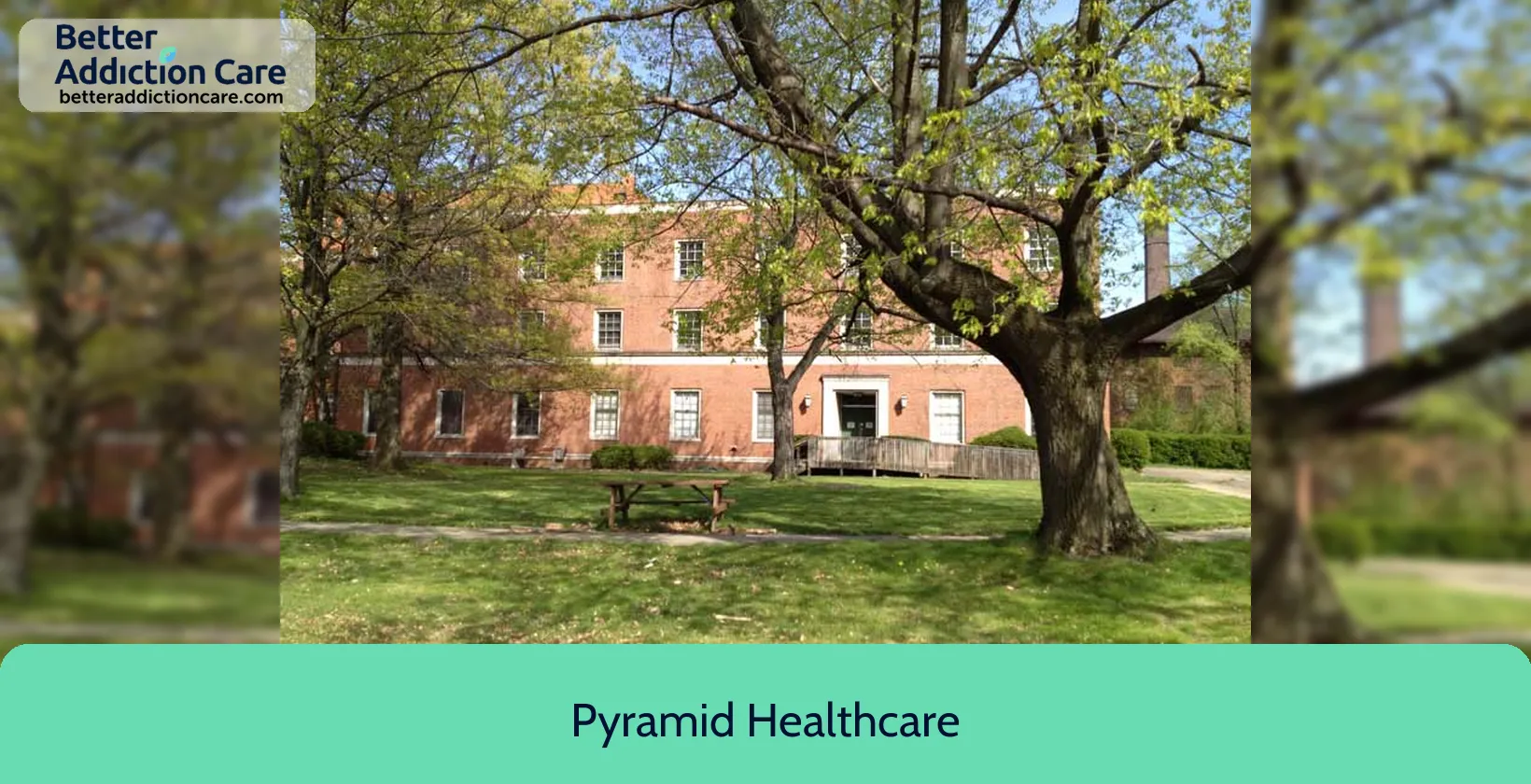
7.27
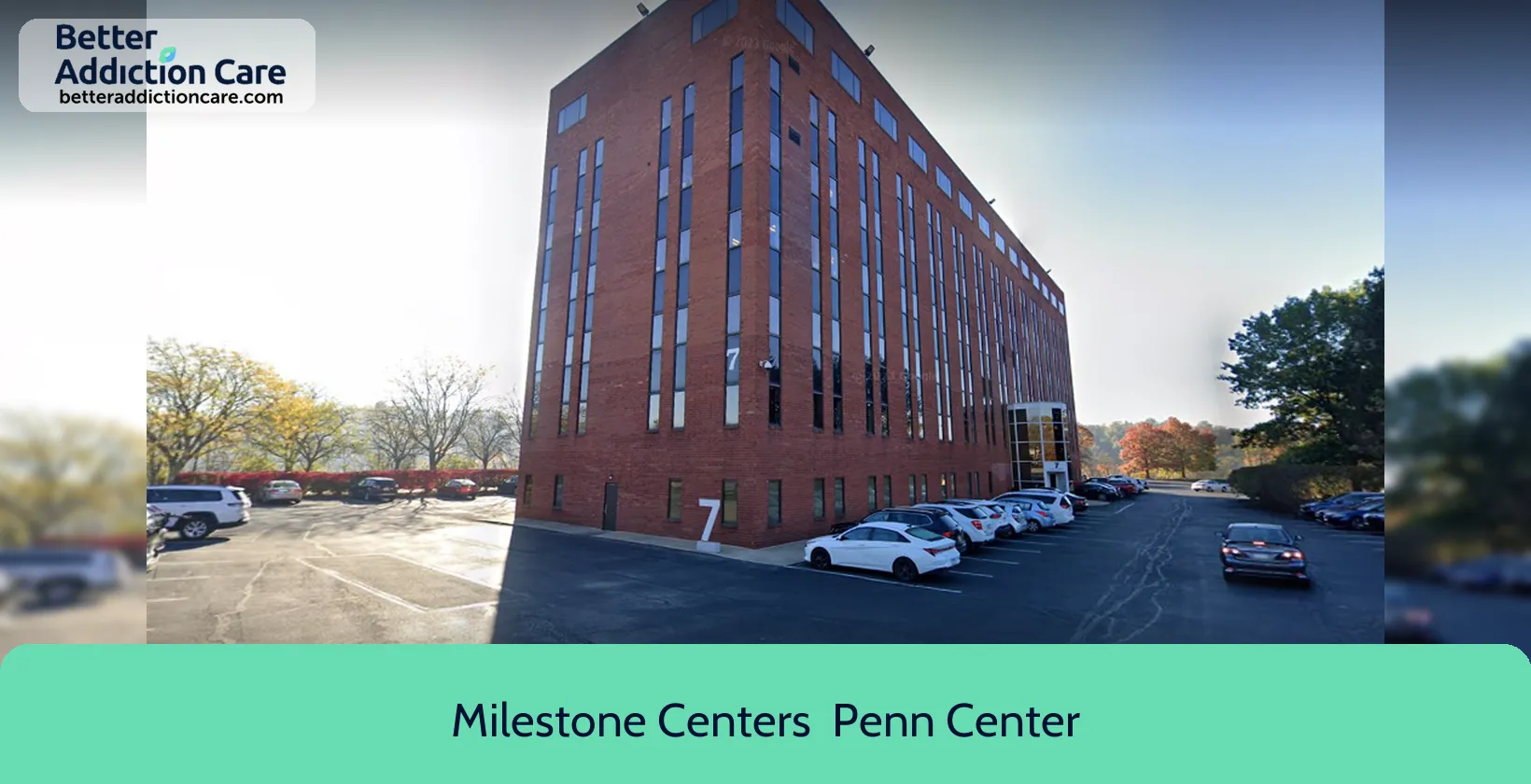
6.65
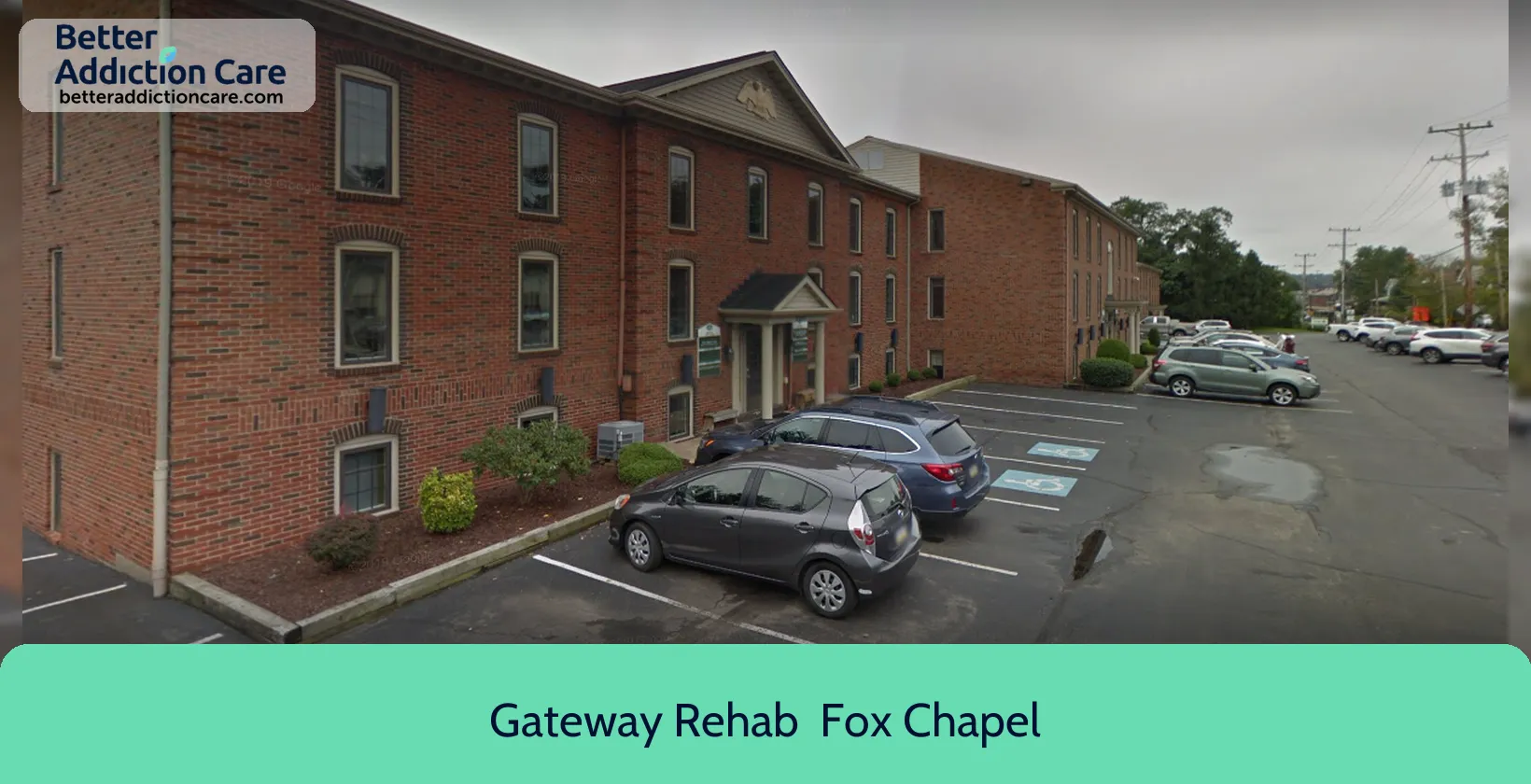
7.37
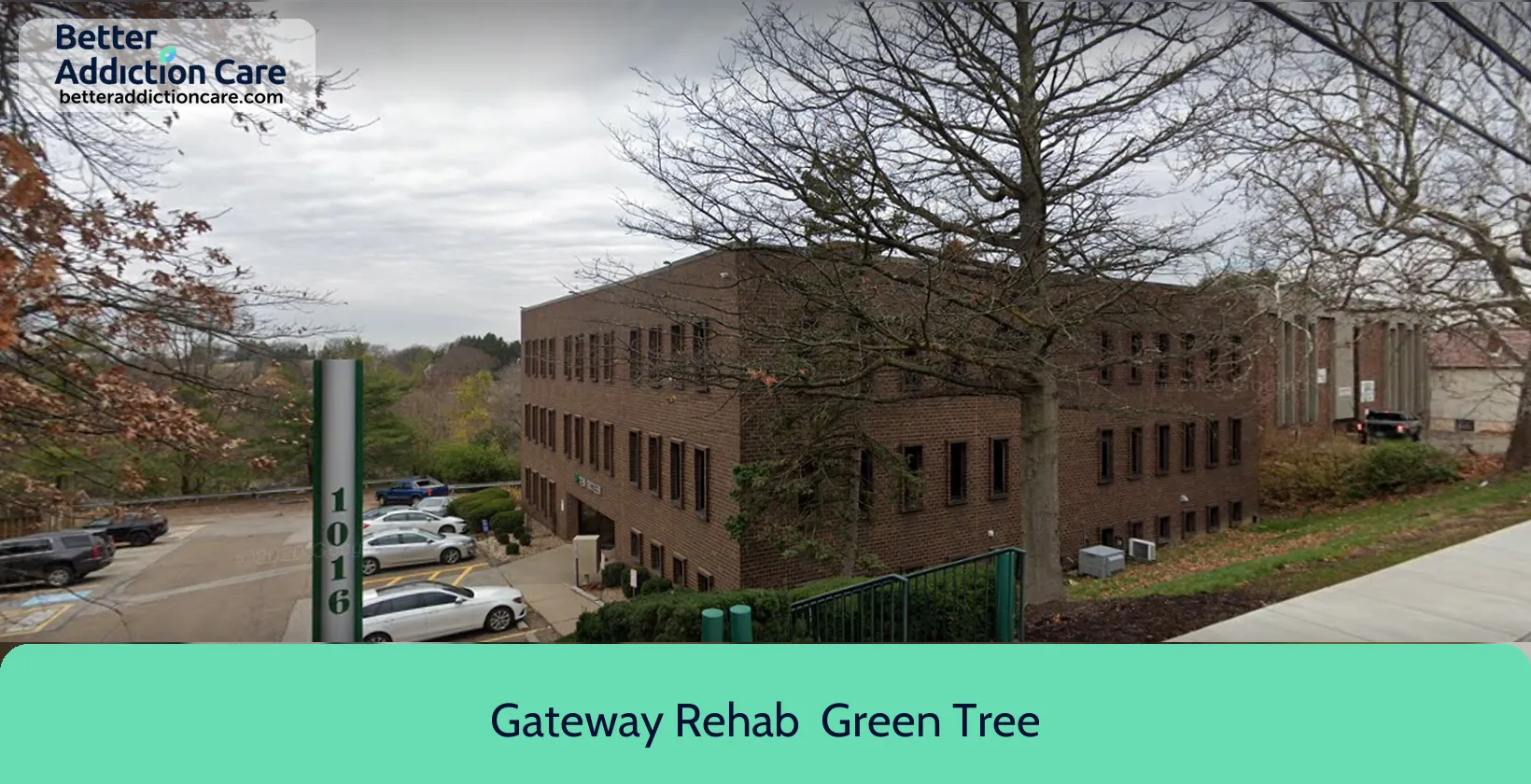
7.37
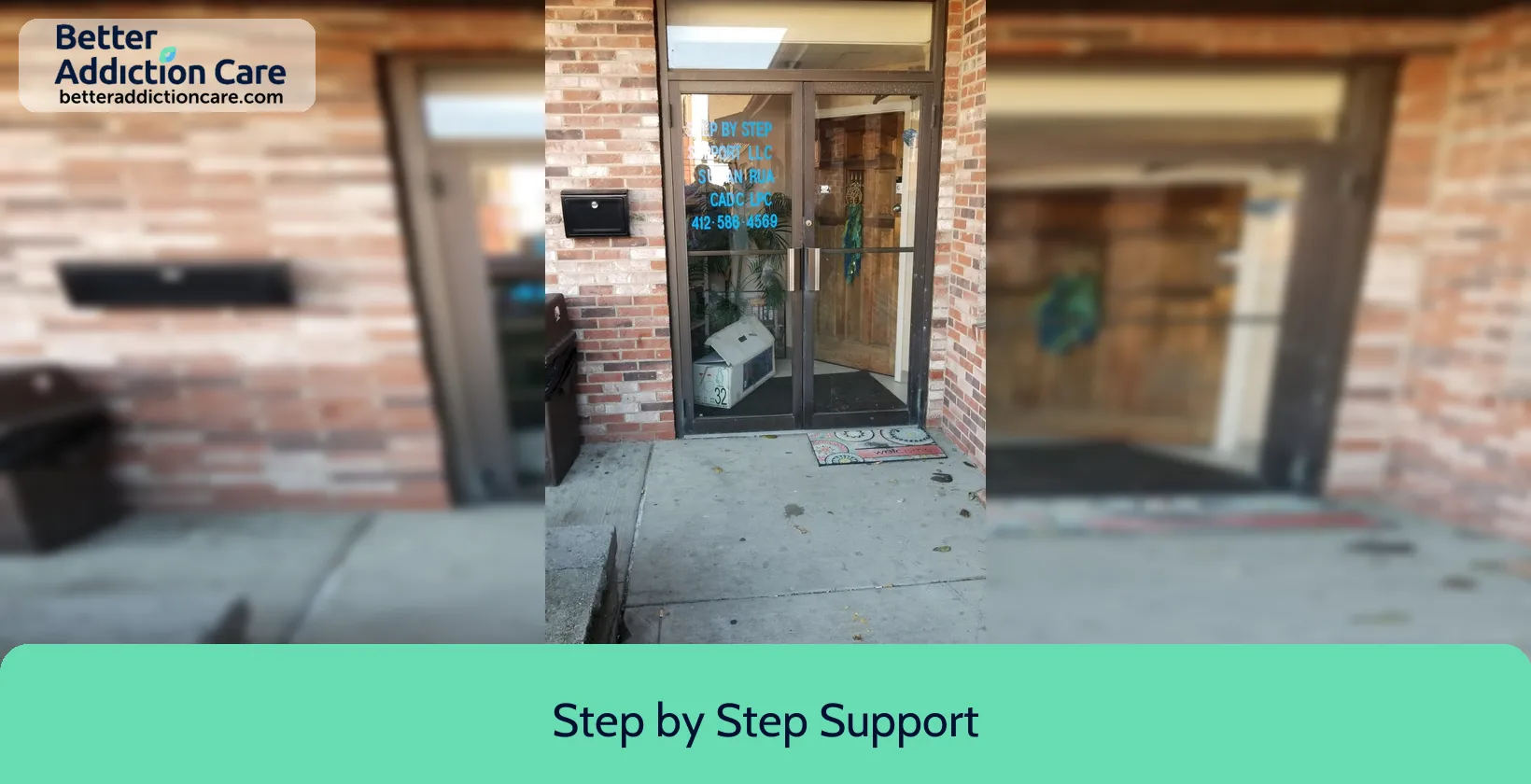
6.62
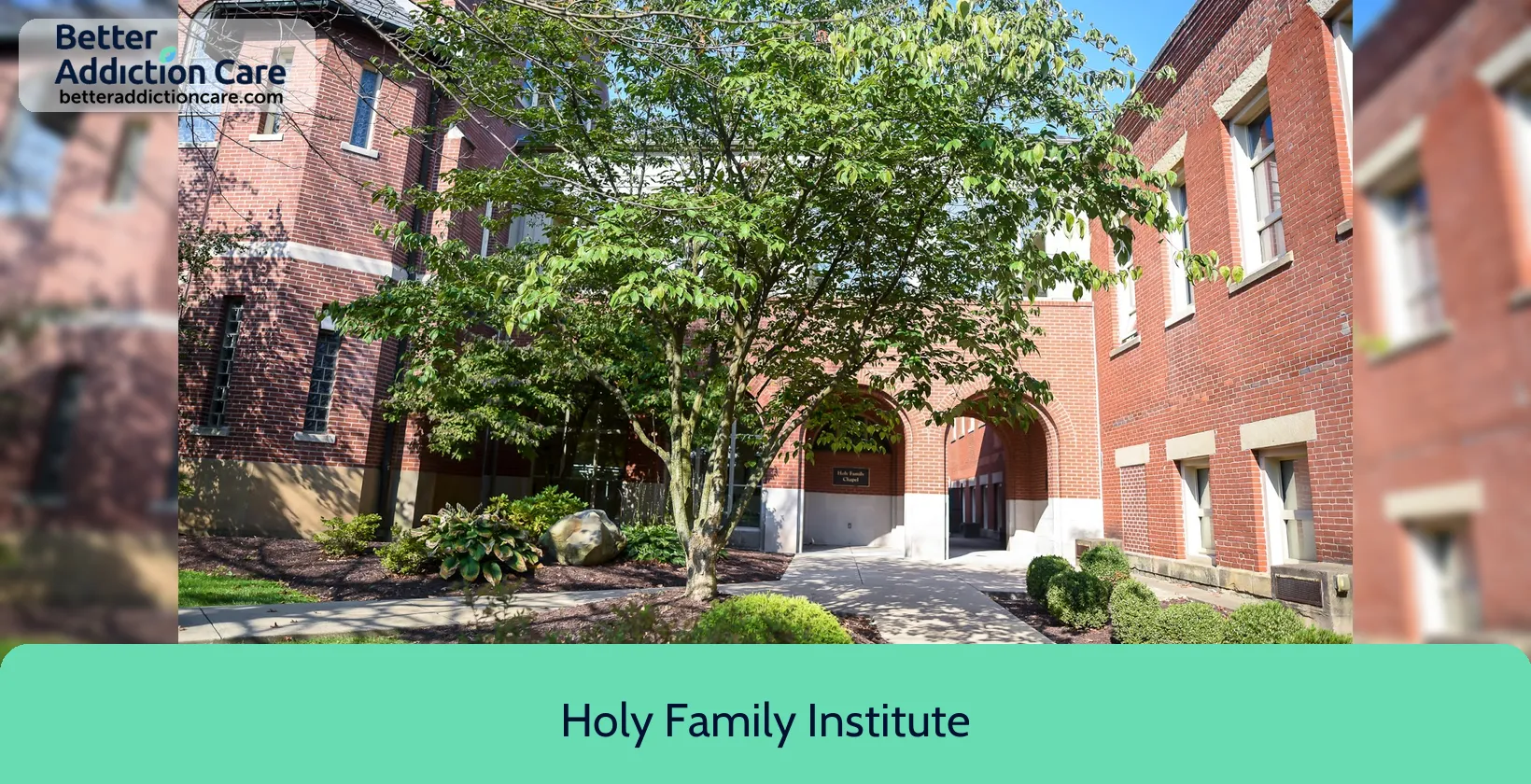
6.96
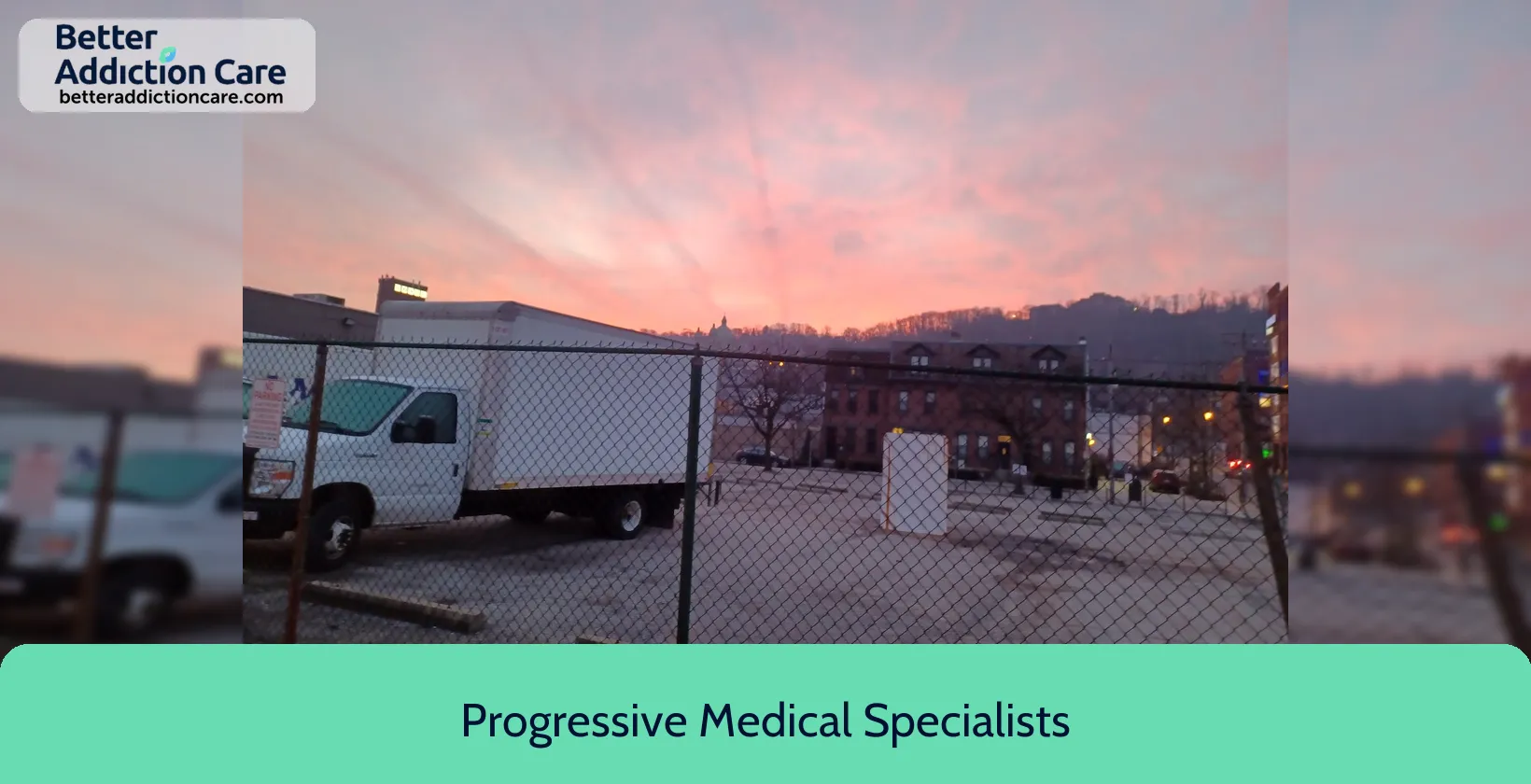
6.96
DISCLAIMER: The facility name, logo and brand are the property and registered trademarks of Progressive Medical Specialists, and are being used for identification and informational purposes only. Use of these names, logos and brands shall not imply endorsement. BetterAddictionCare.com is not affiliated with or sponsored by Progressive Medical Specialists.
